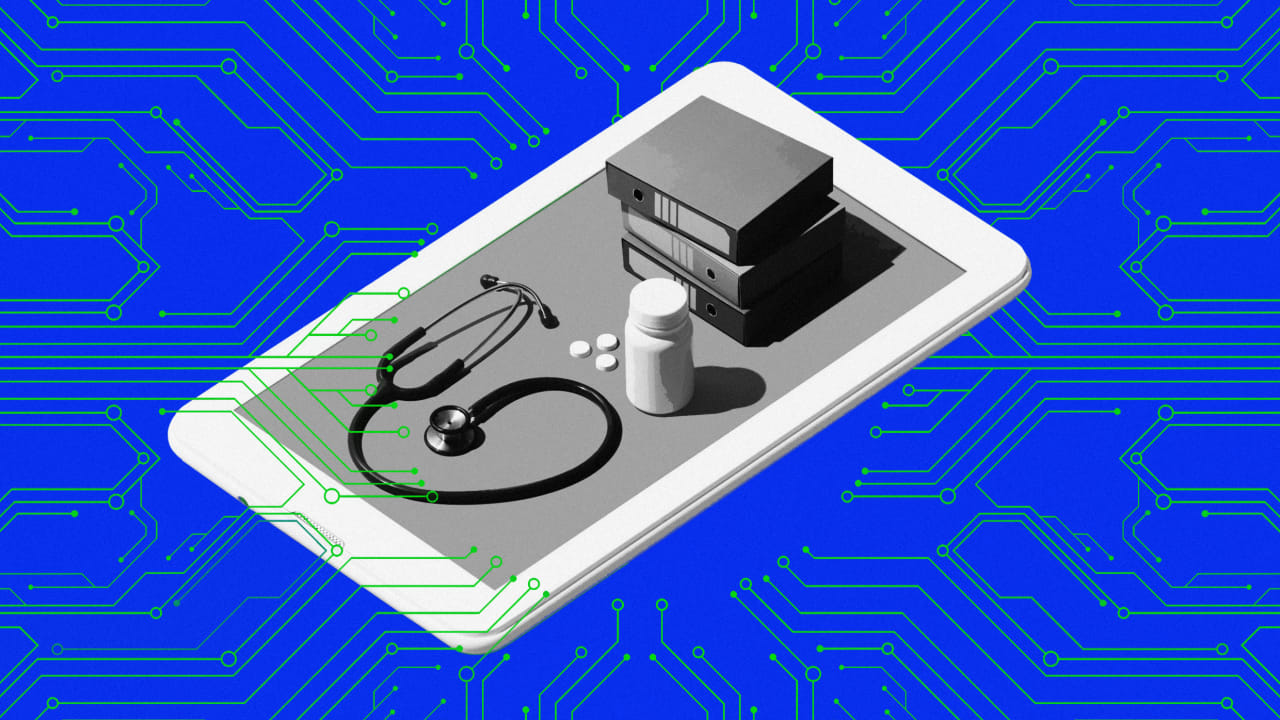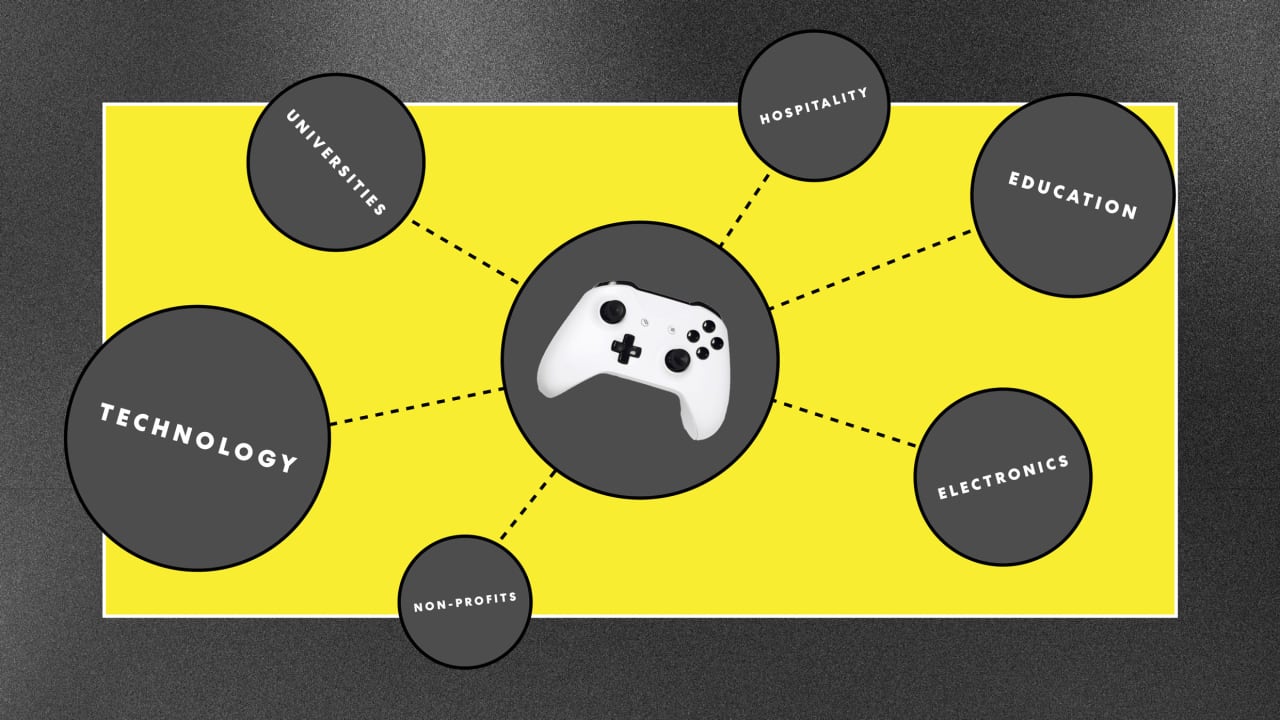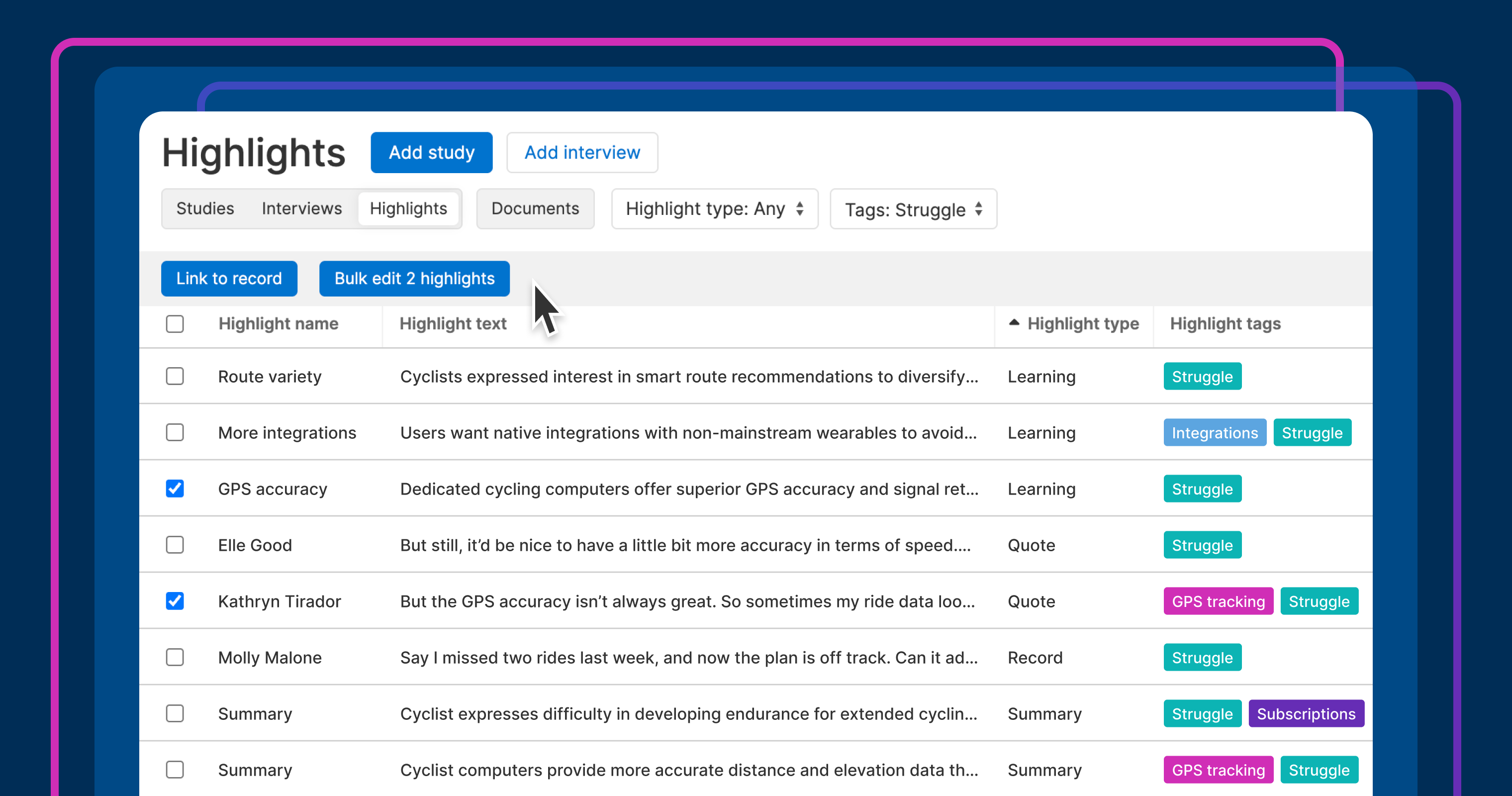Top 5 Neurological Issues You Can Address Online
Explore the top 5 neurological conditions that can be treated from home. Learn how an online neurology consultation helps manage symptoms safely and efficiently.

When it comes to neurological health, the idea of remote treatment might seem surprising at first. After all, neurology often brings to mind complex tests, hospital visits, and specialized scans. But not every neurological condition requires immediate in-person care. In fact, many common brain and nerve-related issues can now be managed effectively from the comfort of your home—thanks to the growing accessibility of online neurology consultation services.
The human nervous system is incredibly complex. It governs how we move, think, speak, feel, and even remember. So, when something goes wrong, symptoms can appear in many forms—headaches, tremors, tingling, memory problems, or dizziness. Some of these demand urgent attention, like stroke or traumatic brain injury. But many others are non-emergency, ongoing conditions that benefit from routine check-ups and guided medical advice—making them perfect for virtual consultation.
Here’s a closer look at five neurological issues that are commonly and successfully addressed through virtual care, and why an online neurology consultation may be the smart first step toward relief and recovery.
Migraine and Chronic Headaches
Migraines are one of the most widespread neurological problems worldwide, affecting more than one billion people. These are not “just headaches”—they often come with intense throbbing pain, nausea, sensitivity to light or sound, and sometimes even visual disturbances known as auras.
Many patients with chronic migraines already know their triggers—stress, dehydration, lack of sleep, or certain foods. But knowing isn’t always enough. Managing migraines long-term requires a personalized plan that includes medication, behavioral strategies, and often diet and lifestyle guidance.
This is where virtual neurology comes in. During an online consultation, a neurologist can evaluate your migraine patterns, adjust medications, and even recommend preventive treatments. If further diagnostics are needed—like an MRI to rule out other causes—they can guide you on where and when to get them. You don’t have to be in pain and in traffic to get help. Now, you can start your migraine treatment journey right from your living room.
Tingling, Numbness, or Burning Sensations
Strange sensations in your arms, legs, or fingers are often signs of nerve-related issues. These may feel like pins and needles, electric zaps, or a constant sense of heaviness. They might be caused by a pinched nerve, diabetes-related neuropathy, or even vitamin deficiencies.
Such symptoms are uncomfortable, but not usually emergencies. They tend to build up over time and can get worse if left untreated. The advantage of early intervention is that it can prevent long-term nerve damage.
An online neurology consultation is the perfect first step in evaluating such symptoms. Your neurologist can take a full history, guide you on which blood tests to get, suggest supplements or medications, and help determine whether further testing like nerve conduction studies is needed. Many patients see a dramatic improvement simply from correcting deficiencies or adjusting lifestyle habits—all coordinated online.
Memory Problems and Brain Fog
Do you often forget where you put your keys, or struggle to find the right word in conversation? Maybe you’ve noticed a family member repeating themselves or losing track of appointments. While occasional forgetfulness is common, persistent memory problems may indicate cognitive decline or early-stage neurological conditions such as Alzheimer’s disease or other forms of dementia.
That doesn’t mean you need to rush to a hospital the moment you forget a name. In fact, early-stage symptoms are often subtle and easy to ignore—but that’s exactly when expert advice is most helpful.
A virtual neurology consultation allows you to discuss these issues with a specialist who can assess your cognitive function through basic screening exercises, recommend tests if necessary, and guide you or your loved one on lifestyle changes that may slow progression. Early diagnosis of cognitive issues often leads to better outcomes—and virtual care makes that early step much easier to take.
Movement Disorders and Tremors
If your hands shake while resting, or you find your steps becoming stiff or unsteady, it may be time to consult a neurologist. Movement disorders like Parkinson’s disease or essential tremor often start subtly and worsen over time. These are chronic conditions that require continuous care, medication adjustment, and sometimes therapy to maintain mobility and quality of life.
Thankfully, much of this can be handled remotely. Your neurologist can observe your movements on video, assess your walking, posture, facial expressions, and muscle control. Based on this, they can evaluate the likely cause and recommend treatment.
A reliable online neurology consultation lets you start a care plan early, track your progress with regular virtual visits, and maintain your independence without frequent hospital trips—especially if you’re in an area without easy access to a specialist.
Sleep Disorders and Fatigue
Trouble falling asleep, waking up tired, or feeling drowsy all day despite enough rest? These aren’t just signs of a poor night’s sleep. They may indicate underlying neurological issues such as restless leg syndrome, narcolepsy, or circadian rhythm disorders.
Sleep and neurology are deeply connected. The brain controls our body’s sleep-wake cycle, and any disruption in this system can affect mood, memory, attention, and overall well-being. Chronic sleep problems may also increase your risk for depression and cognitive decline.
Discussing sleep issues with a neurologist online allows you to receive expert insight without waiting months for a sleep clinic appointment. You can review your sleep habits, medication history, and stressors—and get professional advice on managing them. If a sleep study or polysomnography is required, your neurologist can refer you to a nearby center for in-person testing.
When Is Online Neurology the Right Choice?
Not every neurological condition is suited for telemedicine. Emergencies like strokes, seizures lasting longer than five minutes, sudden loss of vision, or head trauma still require in-person or emergency care. But for chronic, non-emergency issues—or follow-up and medication management—virtual neurology is not just convenient, it's effective.
The beauty of online care is that it meets patients where they are. Whether you're a busy professional, a caregiver for someone elderly, or someone living far from the city, a neurologist is now just a video call away.
What You Can Expect During an Online Neurology Consultation
A virtual neurology session is much like a physical one—minus the waiting room. Your doctor will start by listening to your concerns, asking about your symptoms, and going through your health history. Depending on the issue, they may guide you through simple movement tests over video. If you have past reports, scans, or prescriptions, share them ahead of time via email or upload.
At the end of the session, you’ll likely receive:
-
A diagnosis or differential diagnosis
-
Medication guidance, if needed
-
Lifestyle and dietary recommendations
-
Test recommendations (like MRI or blood work)
-
A follow-up plan or referral for in-person testing
And yes, your prescriptions will be emailed or uploaded directly for easy pharmacy access.
Final Thoughts
The brain doesn’t take breaks—and neither should your care. Fortunately, the digital age has brought expert neurology to your doorstep. From migraines to memory loss, many neurological concerns no longer require you to sit in traffic or a crowded waiting room to get help.
If you’ve been delaying care because of distance, time constraints, or uncertainty, know that an online neurology consultation is a safe, effective, and patient-friendly starting point.
The most important step is the first one: reaching out.







































































































![Building A Digital PR Strategy: 10 Essential Steps for Beginners [With Examples]](https://buzzsumo.com/wp-content/uploads/2023/09/Building-A-Digital-PR-Strategy-10-Essential-Steps-for-Beginners-With-Examples-bblog-masthead.jpg)














































